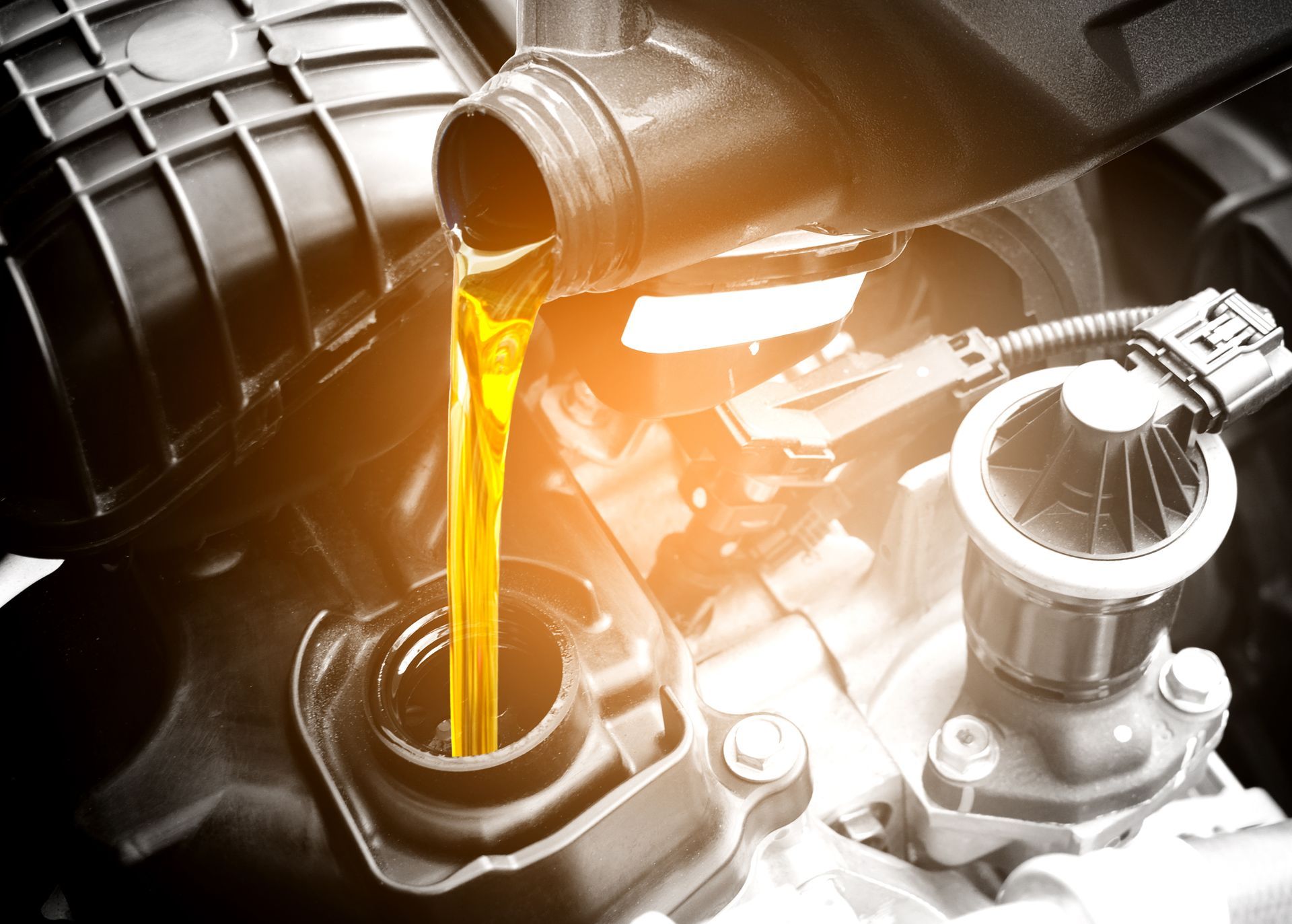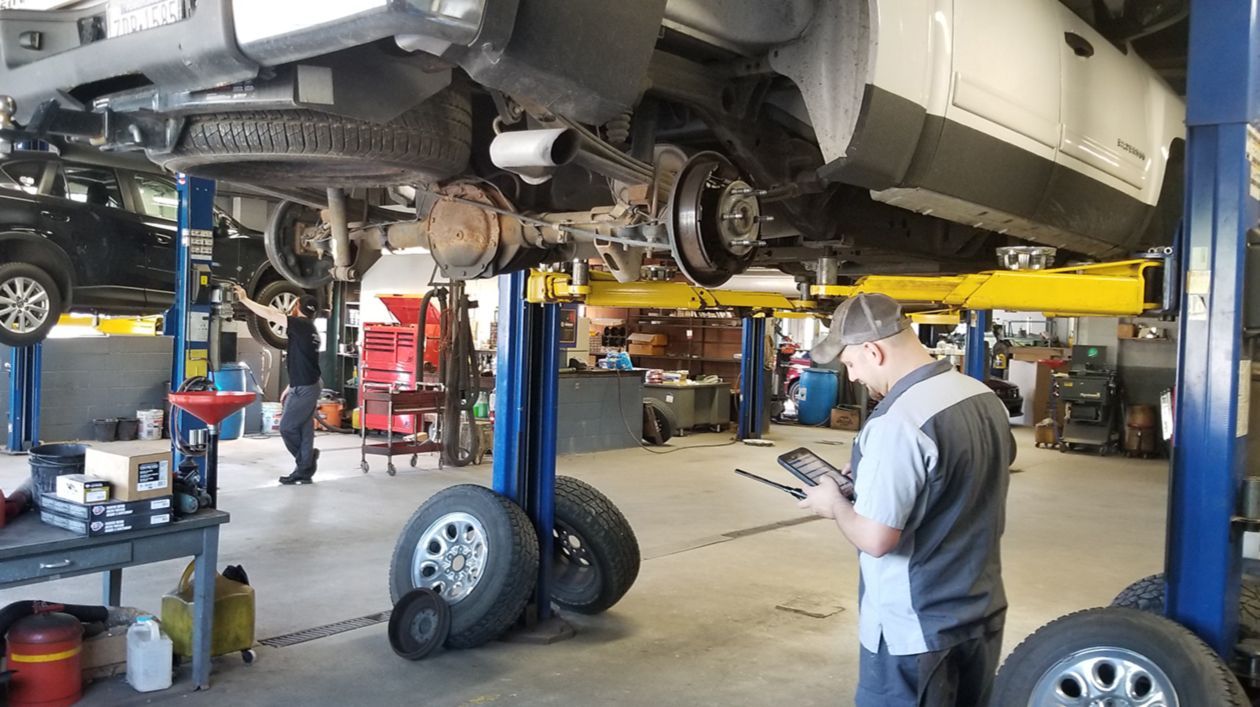Mon - Fri 7:30 AM - 5:00 PM
Give us a call:
Car Battery Basics: How to Know When It’s Time for a Replacement
Your car’s battery is the heart of its electrical system, providing the power needed to start the engine and run essential electronics. But like all components, batteries don’t last forever. Understanding when to replace your battery, how to extend its lifespan, and the different types available can help you avoid unexpected breakdowns.
How Long Does a Car Battery Last?
On average, a car battery lasts between three to five years, depending on factors such as climate, driving habits, and maintenance. Extreme temperatures, frequent short trips, and a lack of routine care can shorten a battery’s lifespan.
Signs You Need a New Battery
If you notice any of these warning signs, it might be time for a replacement:
- Slow Engine Crank – If your car takes longer than usual to start, your battery may be struggling.
- Dashboard Battery Warning Light – A lit battery symbol on your dashboard can indicate charging system issues.
- Electrical Problems – Dim headlights, flickering interior lights, and malfunctioning electronics may signal a weak battery.
- Corrosion or Swelling – If you see white or greenish residue on the terminals or a swollen battery case, your battery is deteriorating.
- Frequent Jump Starts – If you constantly need to jump-start your vehicle, your battery may no longer hold a charge.
- Battery Age – If your battery is over three years old, it’s wise to have it tested regularly.
Different Types of Car Batteries
Not all car batteries are the same. Here are the most common types:
- Lead-Acid Batteries – The most traditional and affordable option, but requires occasional maintenance.
- AGM (Absorbent Glass Mat) Batteries – More advanced, offering better performance and durability, especially for modern cars with start-stop technology.
- Lithium-Ion Batteries – Found in electric and hybrid vehicles, offering lightweight design and longer lifespans.
Tips to Extend Your Car Battery’s Life
To maximize your battery’s performance and longevity, follow these simple maintenance tips:
- Drive Regularly – Frequent short trips can drain the battery. Driving longer distances allows the alternator to recharge it properly.
- Keep Battery Terminals Clean – Corrosion buildup can weaken connections. Periodically check and clean the terminals with a wire brush.
- Secure the Battery – A loose battery can vibrate excessively, leading to internal damage.
- Avoid Excessive Power Drain – Leaving headlights, interior lights, or accessories on when the engine is off can quickly deplete battery power.
- Test Your Battery Regularly – Next time you’re at the shop, ask us for a battery health test!
When to Get Professional Help
If you suspect your battery is failing, don’t wait until you’re stranded. Bring your vehicle to Green Lawn Garage, where our expert technicians can test your battery, recommend the right replacement, and install it for you. Keeping your battery in top shape ensures a reliable start every time you turn the key!
Need a battery check? Contact us today to schedule your appointment!
Services
List of Services
Services
List of Services
Payment Options




© 2024 Green Lawn Garage Inc.. All Rights Reserved | Website managed by Shopgenie

